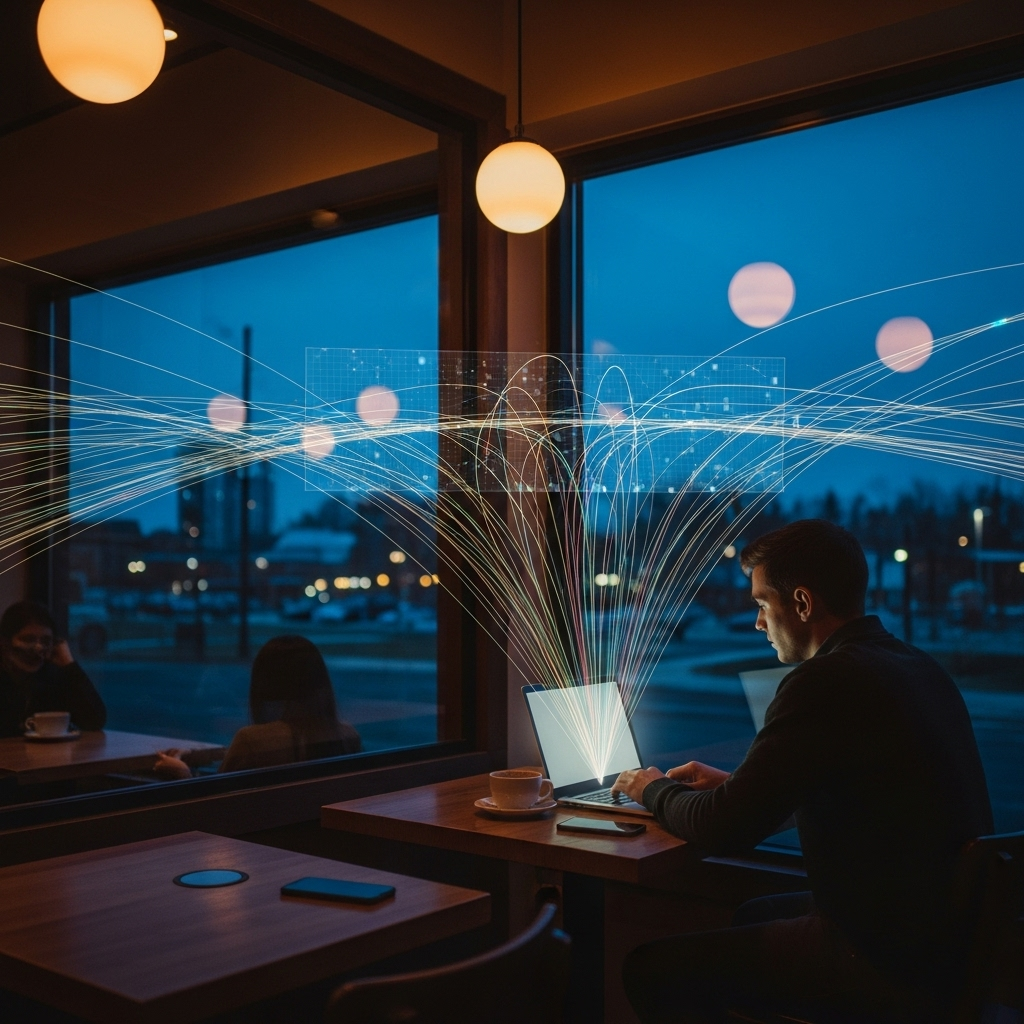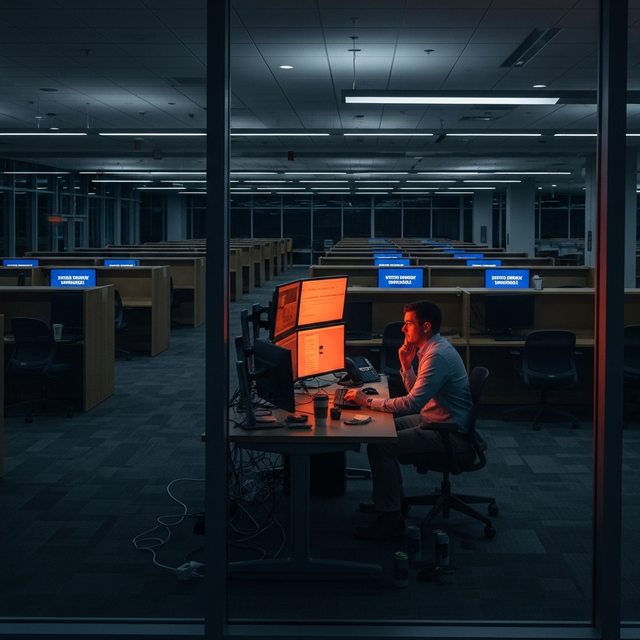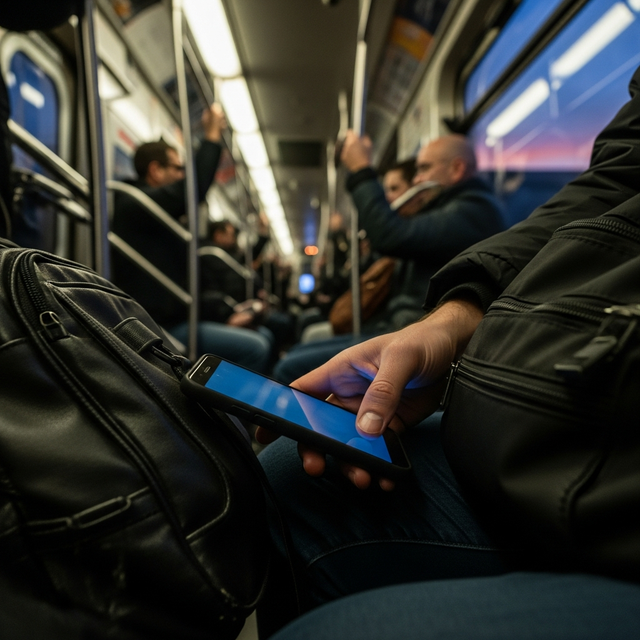IP Address Security Risks: What Hackers Can Do With Your IP

What Can Hackers Really Do With Your IP Address? (It's Not Great)
Let me guess - you just found out someone has your IP address, and now you're freaking out a bit. First, take a deep breath. While it's not ideal, it's also not game over. I've spent years helping people protect their online privacy, and I'll walk you through exactly what's at risk and what you can actually do about it.
Wait, What Even Is My IP Address?
Think of your IP address like your home's street address for the internet. Just like you need a physical address to receive mail, your devices need an IP address to receive data online. And just like your home address, having it exposed isn't automatically a disaster - but you probably don't want to broadcast it to everyone either.
The Real Risks (No Fear Mongering, Just Facts)
1. They Can Figure Out (Roughly) Where You Are
The good news: They can't pinpoint your exact location. The bad news: They can usually narrow it down to your city with about 50-75% accuracy. Country-level tracking is even more accurate (95-99%). Not great for privacy, especially if someone's trying to dox you.
This is actually one of the main reasons I use NordVPN on all my devices. It masks my real IP address, so location tracking just shows wherever my VPN server is - usually hundreds or thousands of miles from where I actually am.
2. They Can Launch Direct Attacks
Here's where things get more serious. With your IP, attackers can:
Launch DDoS attacks (basically overwhelming your internet connection)
Scan for vulnerable ports (like checking your house's windows and doors for weak spots)
Attempt to brute force their way into services running on your network
I've seen way too many gamers and streamers get hit with DDoS attacks after their IP was exposed. This is another reason why Surfshark has become so popular in the gaming community - it keeps your real IP hidden even if someone in your game tries to grab it.
3. They Can Track Your Online Activity
Your IP address leaves a trail of digital breadcrumbs across every site you visit. This lets companies (and potentially hackers) build a pretty detailed profile of your browsing habits. They can see:
Which websites you visit
How long you spend on them
What time of day you're usually online
Which services you use regularly
4. Legal and Copyright Issues
Here's something most people don't think about: Your IP address can be used to track copyright violations, and yes, you can get those lovely letters from your ISP about it. Not that I'm endorsing downloading stuff you shouldn't, but it's worth knowing that your IP is basically your digital fingerprint for these things.
How to Actually Protect Yourself
Look, I could give you a dozen complicated steps, but let's focus on what actually works:
1. Use a VPN (Seriously)
I know it seems like everyone pushes VPNs these days, but there's a reason for that - they work. After testing pretty much all of them, I personally use NordVPN because it's fast enough that I don't notice it running and has proven itself trustworthy over the years.
2. Secure Your Network
A few non-negotiables:
Change your router's default password (you'd be shocked how many people don't)
Use WPA3 encryption if your router supports it
Keep your router's firmware updated
Disable remote management unless you absolutely need it
3. Check Your IP Exposure
Regularly check what information is linked to your IP. You can use our IP lookup tool to see what others can learn about you. If you're using a VPN correctly, it should show a completely different location than where you actually are.
Business Owners: You Need Extra Protection
If you're running a business, your IP security needs are even more critical. Consider using Private Internet Access for your business connections - it's particularly good for static IP addresses and business-grade security.
The Bottom Line
Having your IP exposed isn't the end of the world, but it's definitely a security risk worth addressing. At minimum, get yourself a reliable VPN and make sure your network is locked down tight. The peace of mind is worth the small effort and cost.
Think of it this way: You wouldn't leave your house's front door unlocked just because most people who walk by are honest. Your IP address is basically your digital front door - it's worth putting a good lock on it.
Quick heads up:Some links in this article are affiliate links. If you buy something through them, we might earn a small commission (doesn't cost you extra). We only recommend stuff we'd actually use ourselves or set up for our own families. No BS recommendations here.


